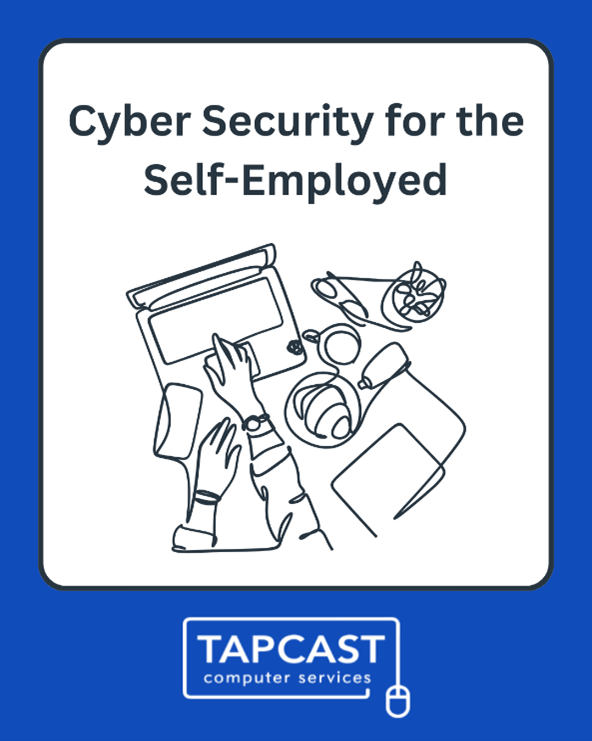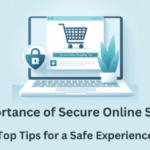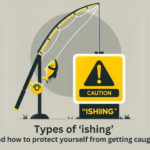
Keeping on top of your cyber security knowledge and processes is very important for the self-employed in this increasingly digital and online world.
This article will provide some tips on the best ways to keep your data safe and business running smoothly.
The following are 6 useful ways to increasing your security stance and avoid the effects of a cyber-attack:
- Backup your important data. Backing up data is the best way to prevent any information loss if ever anything was accidentally / maliciously deleted or altered. This involves keeping a copy of your files saved somewhere away from your day-to-day machine. This can be using a cloud storage service such as Microsoft OneDrive or Google Drive or you can have a physical external storage device like a hard drive that you plug in and copy your files to on a regular basis.
- Enable two-factor authentication. Two-factor authentication is a great way to prevent your important accounts from being hacked into (i.e. bank accounts, emails etc). Two-factor authentication is an extra step added into the process of logging into your account that requires an additional piece of information. This is commonly a code that is either texted through to your mobile phone or using a phone application that creates a code every 30 seconds or so. This means that even if someone had your account username and password, they would still need the code that is sent directly to you to get in.

- Antivirus software. Antivirus software is very useful to have on any device you use to access sensitive, personal, and business information. These programs run in the background of your device and will run periodic scans through the computer to ensure there are no virus. They also run in real time so that when you access a document or download anything from the internet, they will check the data as it’s accessed / received to let you know if there is any malicious data.
- Applying latest updates. Applying updates when they become available is a good way to keep your machine as secure as possible. Updates become available for your operating system and programs when those companies develop new features, fix bugs and, often, patch security issues they find. Having these latest fixes applied keeps your machine safe from anyone that has found a way to exploit these vulnerabilities in older versions of the software.

- Be aware of phishing attempts. Phishing attempts come in all shapes and sizes. This is when a scammer attempts to gather information from you to access bank accounts, emails, get you to transfer them money etc. They often pretend to be another reputable company such as Microsoft, BT etc to trick you into providing them information or to click a link / transfer money. These most often come in the form of emails and tend to have slight error in them such as spelling mistakes, email addresses that aren’t quite right, poor grammar among others. They can also come as text messages or phone calls either from real people or an automated message.
- Have a plan for when things go wrong. It’s always a good idea to know what you will do in the worst-case scenario. For example, you get a virus on your computer that locks you out of all your files and the only way to use the machine again is to wipe it completely and start over. The effect of this can be drastically reduced by having a copy of these files somewhere else ready to just move back onto the computer or even by having a spare computer with your emails ready to go.
For more information or help in improving on your cyber security, get in touch with us for a chat on 01386792196, or email support@tapcast.co.uk
Additionally, you can click here: https://www.welivesecurity.com/2023/05/24/digital-security-self-employed-staying-safe-without-it-team/ and view more information in an article about security by ESET.




https://rekli.com/
23 October 2023Greetings! Very helpful advice in this particular article!
It’s the little changes that produce the most important changes.
Thanks a lot for sharing!